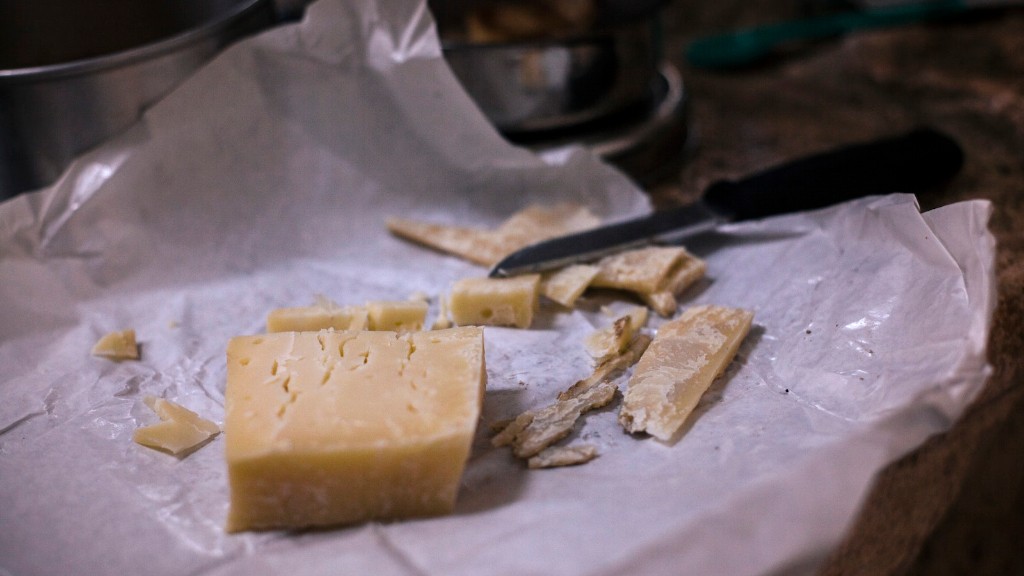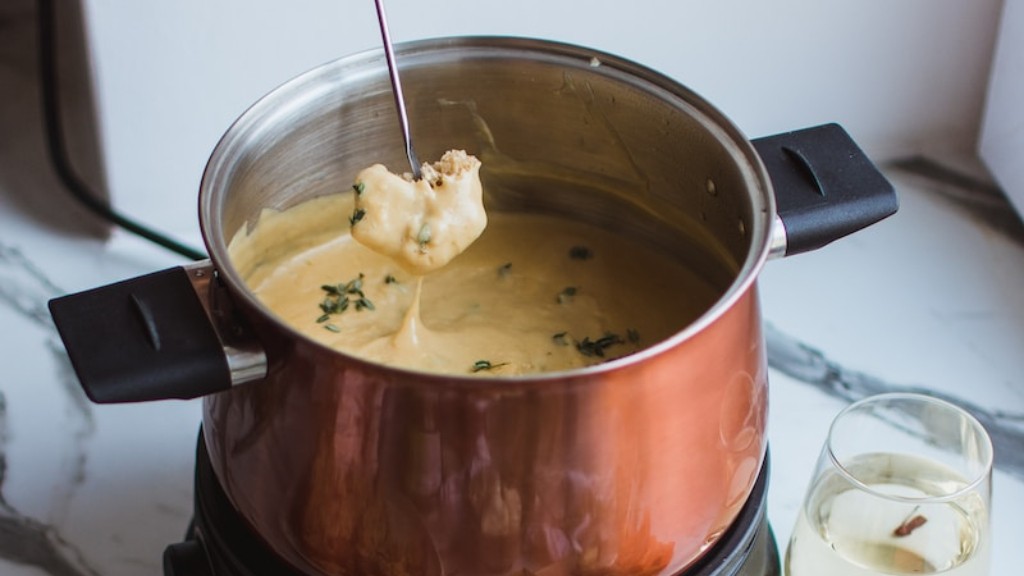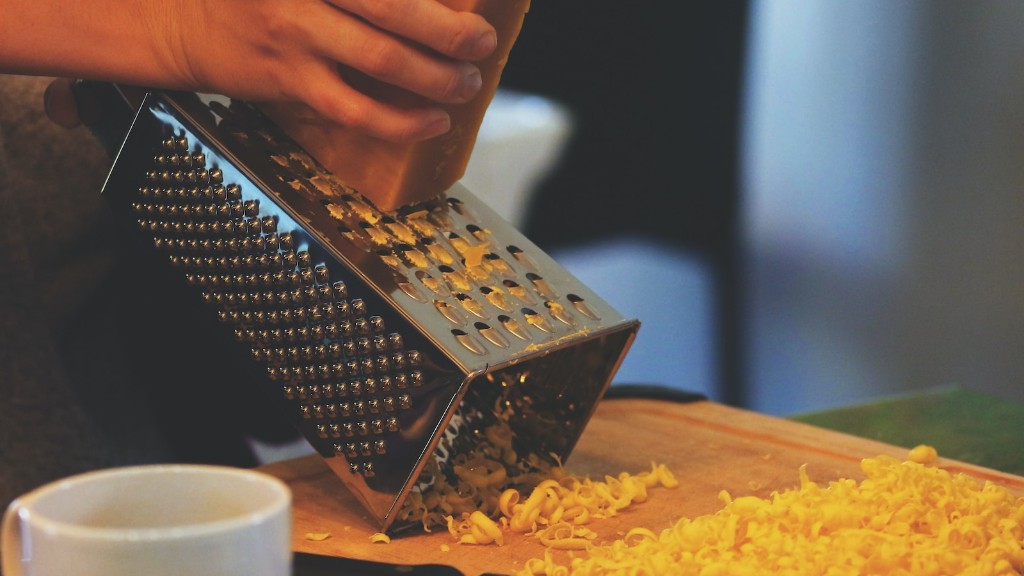Owners of pets may be horrified to learn that their beloved canine companions can have an unexpected appetite, and one of their go-to snacks could be blue cheese. This type of cheese is off limits for pets, so it’s important to know what to do if your dog eats blue cheese.
Of course, the best way to handle any potential medical emergency is prevention. Be sure to keep all types of cheese out of your pet’s reach, and consider replacing any cheese products in your home with pet-friendly yogurt or treats to ensure your pet isn’t accidentally getting into foods they shouldn’t have.
Your first step if you notice your pet has eaten blue cheese is to observe them for any signs of reaction. Signs of a reaction may look like excessive drooling, vomiting, or diarrhea. If anything like this occurs, contact your veterinarian immediately and discuss what action should be taken.
Your vet may recommend bringing in your pet for an examination, or a surprise visit to the doggy ER. During this examination, your vet will likely ask you to provide a detailed list of any cheese products your pet has eaten, as well as a description of the reaction they experienced. Your vet may also want to check your pet for any changes in their behavior, or changes to their respiratory, cardiovascular, or digestive systems.
Once the doctor has determined if your pet needs treatment, they may administer medications that can help soothe the stomach and stop the gastrointestinal reaction from the blue cheese. If the reaction is severe, they may put your pet on a full day of rest and fluids to help the body recover.
It may also be beneficial to figure out why your pet was drawn to the cheese in the first place. Cheese can have a very enticing smell for pets, so it’s important to limit the amount of exposure your pet has to any products that contain it. Also, make sure to provide plenty of healthy alternatives, such as proteins, fruits, and vegetables, to replace the cheese as a snack option.
Ultimately, blue cheese is dangerous for pets, and should be avoided altogether. If you do believe your pet has eaten blue cheese, stay calm and contact your veterinarian right away.
Nutrition and Blue Cheese
Blue cheese in itself is not particularly unhealthy. It is made with milk and cheese cultures, which can provide significant amounts of calcium, zinc and magnesium for humans. However, the high salt and fat content in blue cheese can be dangerous for animals.
The problem specifically lies in the fact that animals are unable to digest and breakdown these high concentrations of salt and fat in the same way that humans can. This may lead to a gastrointestinal upset which can be extremely uncomfortable and dangerous for the pet.
Moreover, dairy products can cause an increase in lactose intolerance in many animals, adding even more difficulty to feeling comfortable after consuming dairy products. Blue cheese, as a dairy product, further increases that risk and should be avoided altogether.
It is important to note that pets should not be given any form of cheese due to the varying lactose levels and the inability of the pet to breakdown fats and salts. Even cream cheese, which has a lower fat content, should be avoided, as the high amount of salt present could lead to health issues.
In general, it is important to ensure that pets are given the proper nutrition in order to remain healthy. Humans should not share their snacks or meals with pets, as this may cause injuries or even worse health problems.
Blue cheese should not be given as a treat or snack to pets, as it can prove to be dangerous. Remember to closely monitor your pet to check for symptoms of gastrointestinal distress, and if any occur, it is important to contact your veterinarian immediately.
The Danger of Spoiling
Another potential downside to providing pet snacks is the risk of spoiling. Cheese, like blue cheese, can rapidly spoil once it has been exposed to air, as the enzymes in it will begin to break down the product and cause the release of bacteria, which can be potentially dangerous for your pet.
Storing cheese in the fridge can help to reduce the risk of spoiling, but it is important to remember that the number of bacteria present in the cheese will still be significantly higher than what is generally accepted for humans. This means that it is still potentially dangerous for pets.
To be safe, you should avoid giving any type of cheese to your pet, including blue cheese. If not properly stored, any cheese can become contaminated with bacteria that can lead to illnesses in both humans and pets. It is important to be aware of this risk in order to keep your pet safe.
Spoiling can also lead to bad food habits in your pet. Pets may begin to crave ‘human foods’ and may attempt to sneak snacks from human food sources when the opportunity arises. This can be a difficult habit to break, even if the pet is not receiving any of the benefits from the food.
Therefore, it is important to ensure that your pet does not have access to any food sources that could potentially be spoiled or contaminated. Be sure to keep blue cheese out of the refrigerator and away from your pet to ensure their safety.
Cheese Alternatives
As mentioned previously, blue cheese should be avoided altogether for pets. But what alternatives are there for those wanting to give their pet a treat?
The answer is simple – there are many pet-friendly alternatives to blue cheese that can be given to your pet. For example, yogurt, carrots, and celery are all options that can be safely given to pets and are less likely to cause any gastrointestinal distress.
Yogurt, specifically, can be incredibly beneficial for pets. The probiotics in yogurt can help soothe the stomach and provide beneficial nutrients. It can also help to keep the digestive system running smoothly. Plus, it contains a significant amount of calcium which can help keep your pet’s bones and teeth strong and healthy.
Carrots and celery are also incredibly beneficial for pets and can provide a great source of fiber and other essential vitamins and minerals. Plus, they can help to reduce the risk of obesity, as they are low calorie snacks.
Ultimately, it is important to remember that blue cheese is not safe for pets, and should be avoided altogether. Consider providing pet-friendly alternatives, such as yogurt, carrots, and celery, as a treat for your pet instead.
Monitoring Behaviour
In addition to ensuring that your pet is not exposed to dangerous foods, it is also important to monitor their behaviour. If your pet appears to be more lethargic than usual or is not responding to basic commands, this may be a sign that something is wrong. Contact your veterinarian immediately to rule out any potential illnesses or diseases.
Moreover, be sure to establish a routine for your pet. Ensuring that they get enough physical activity and rest is essential for maintaining a healthy lifestyle. Additionally, routine visits to the veterinarian are also important for monitoring your pet’s health.
Signs of pain or discomfort, such as aggressive behaviour, should be discussed with your veterinarian as soon as possible. An experienced vet can help you determine if the behaviour is due to something like an illness, or if it is simply a phase your pet is going through.
It is also important to take into consideration the type of food that you are feeding your pet. Many pet owners are under the impression that table scraps are acceptable for pets, when in fact they can be quite dangerous. Ensure that your pet is getting adequate nutrition through the appropriate pet food.
Finally, be sure to monitor your pet’s mental wellbeing. All animals can go through periods of stress or depression, so it is important to be aware of any warning signs. Pets may exhibit signs like increased sleeping or refusal to eat some days – if this persists contact your





